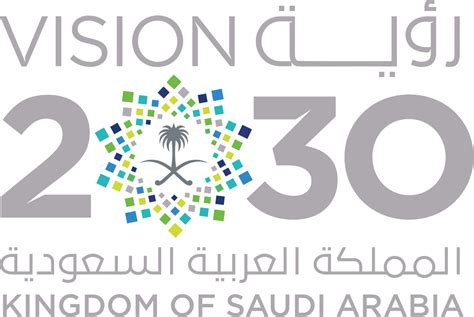Saudi Arabia launched the Vision 2030 economic program in 2016 to boost its economy. The country is conscious that despite its extraction of oil, its economy is not sustainable because of the volatility of its price. The increasing power of prince Mohammed bin Salman (MbS) into the Saudi political sphere appeared like a generational and progressive shift. In reality, Vision 2030 is only aiming to whitewash the numerous abuses that are still occurring in the country while stimulating the economy by diversification.
Vision 2030 claims to strive for a “strong, thriving, and stable Saudi Arabia that provides opportunity for all,” yet the plan makes no mention of human rights or democratic reform. Without either of these major components, the plan cannot lead to greater stability and opportunity.
Women’s Rights
MbS’ arrival to an important political position gave the impression Saudi Arabia started to change its attitude towards women. The ban on driving was lifted in June 2018, and some changes occurred in the Saudi Law. Thus, greater gender parity is allegedly a part of Vision 2030, with women being viewed as an essential component of economic expansion. The program aims to increase women’s participation in the workforce from 22% to 30%, as well as giving women the right to join the military.
However, in practice, women remain second class citizens in Saudi Arabia, mainly because of the male guardianship system which prevent them from any kind of independence. Saudi women need the authorization from a male figure, usually husband or father, for common activities such as attending higher education or traveling.
Furthermore, the lifting of the driving ban was mainly driven by economic reasons, and the arrests of those advocating for the right to drive just weeks before the ban was lifted shows the true nature behind the decision – another attempt at whitewashing the Kingdom’s abuses.
Jamal Khashoggi
The violations of human rights in Saudi Arabia already affected its economy. For instance, as a consequence of Jamal Khashoggi’s murder in the Saudi consulate in Turkey last year big name investors began to pull out of the Future Investment Initiative (FII) – including Jamie Dimon, boss of JPMorgan Chase, John Flint, head of HSBC, and Dara Khosrowshahi, CEO of Uber.
“Perhaps the biggest risk companies face in doing business with Saudi Arabia is from America’s Congress. Repulsed by the latest incident, on top of the war in Yemen, even senior Republicans are threatening to impose sanctions on the kingdom and curbs on future arms sales, if Saudi Arabia’s responsibility for the suspected killing of Mr Khashoggi is proven.” (The Economist, 2018)
Nevertheless, Vision 2030 makes no reference to respecting international human rights law or to protecting the freedoms that most advanced economies adhere to, which undermines its aim.
Executions
Saudi Arabia ranks among the world’s top three state executioners. Since the launching of Vision 2030, at least 300 people have been executed by the authorities. Actually, as of the beginning of 2019, 107 executions were carried out in Saudi Arabia, including the mass executions on 23 April 2019 of 37 individuals. It is twice more than the previous years at the same period, despite MbS’ promise to reduce the executions at a minimum.
Labor & Employment Issues
Significant obstacles exist within the government’s employment and labor practices. Government policy actively discourages foreign workers from coming to Saudi Arabia’s growing cities, inflicting a charge of 400 riyals ($107) per month for each foreign worker, with a discount if the Saudi companies employ more Saudi nationals than expatriates. Almost one million foreign workers have left the Kingdom since the start of 2017. The exodus of foreign laborers has not been replaced by young Saudis, who are reluctant to work in low skilled jobs. Low skilled and low paid foreign workers have contributed to almost all of the Gulf Cooperation Council (GCC) countries who have experienced economic expansion over the last 15 years.
MbS has proposed to develop various cultural and entertainment hubs with the launching of a multibillion-dollar project in Qiddiya, nicknamed the “Entertainment City”. The construction of these super cities will ultimately require such cheap foreign labour, where human rights are often treated as secondary rather than primary concerns.
Conclusion
The Vision 2030 program is facing a multitude of challenges such as the Kingdom’s addiction to oil rents, labour issues, sceptical future investors, and an overall hesitation towards societal change amongst Saudis. The true obstacle of Vision 2030 remains the explicit ignorance for fundamental freedoms and the protection of human rights. This will continue to overshadow any form of economic expansion in Saudi Arabia, and will further delegitimize its economic endeavours.
The European Centre for Democracy and Human Rights (ECDHR) calls on the Saudi government to meet international human rights standards, which will lead to a greater stability for the country and, therefore, boost its economy.

